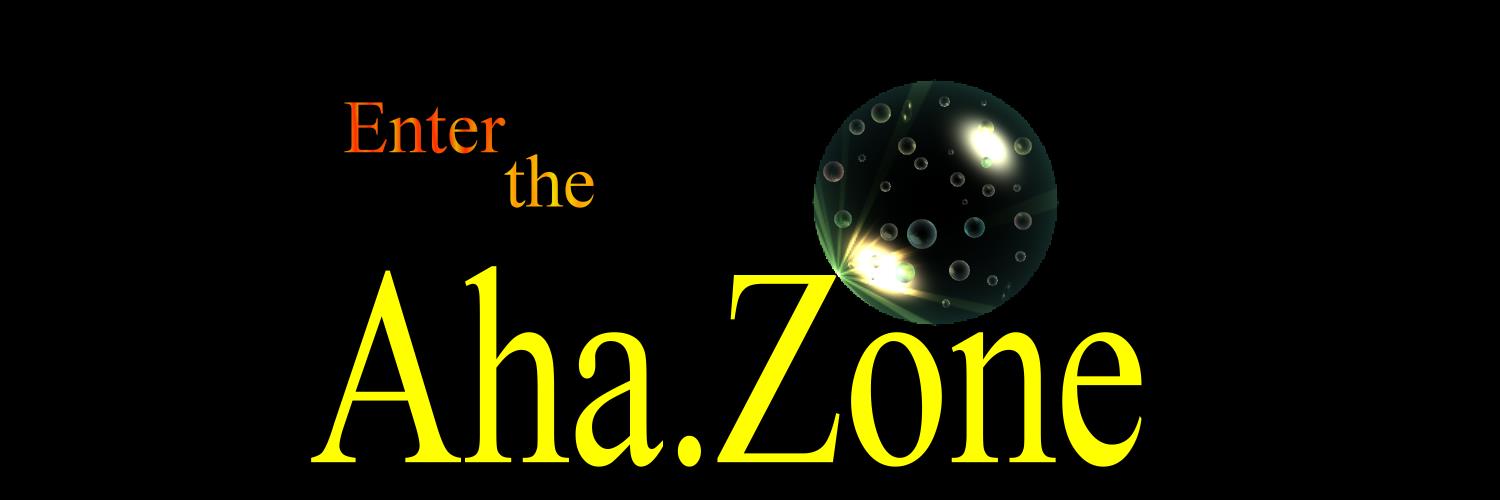The universe is an amazing experience full of wonder and awe. There is so much to explore and so little we understand. It’s the perfect setup for AHA!
Aha is what we say when we feel like we understand something we previously didn’t understand. We come to a “realization” we can entertain for a while.
Aha also connects us with one another – especially as such connection brings about a sense of oneness, of interdependence, of our place as part of the whole.
Let’s explore our universe together.
